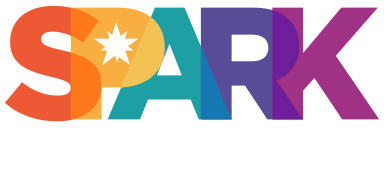Assessment of Autism Spectrum Disorder
The assessment of Autism Spectrum Disorder (ASD) involves a comprehensive, multidisciplinary approach designed to understand an individual’s cognitive, behavioural, and social functioning. This process is guided by best-practice standards and may involve clinical psychologists, paediatricians, speech-language pathologists, and other professionals.
A Step-by-Step Overview
Initial Referral and Screening
The process often begins with a referral from a health care provider, educator, or family member who has observed behaviours characteristic of ASD. Screening tools (e.g. parent questionnaires) may be used to determine the need for a full assessment.
Comprehensive Clinical Interview
A detailed clinical interview is conducted with caregivers and, when appropriate, the individual being assessed. This includes gathering information about developmental history, medical background, social interactions, communication skills, repetitive behaviours, and family history.
Behavioural Observations
Direct observation of the individual in various settings (e.g., clinic, school, home) is essential. Your psychologist will look for core features of ASD, such as challenges in social communication, restricted interests, and repetitive behaviours.
Standardized Assessment Tools
Validated instruments are employed to assess ASD features and related cognitive and adaptive functioning. Common tools include:
- Autism Diagnostic Observation Schedule, Second Edition (ADOS-2)
- Autism Diagnostic Interview-Revised (ADI-R)
- Cognitive assessments (e.g., Wechsler Intelligence Scales)
- Adaptive behaviour scales (e.g., Vineland Adaptive Behaviour Scales)
Collateral Information Gathering
Information from teachers, therapists, and other involved professionals is collected to gain a broader understanding of the individual’s functioning across environments.
Differential Diagnosis
Your psychologist will consider other possible conditions (such as ADHD, anxiety disorders, or intellectual disabilities) that may explain observed symptoms, ensuring an accurate diagnosis.
Feedback and Reporting
The assessment findings are shared with the family and relevant professionals. A comprehensive written report is provided, outlining the diagnosis, strengths and challenges, and tailored recommendations for intervention, support, and follow-up.
The psychological assessment of ASD is a thorough, collaborative process that aims to support individuals and families by providing clarity, guidance, and access to appropriate resources and interventions. Timely assessment can facilitate early intervention, which is key to improving outcomes.
